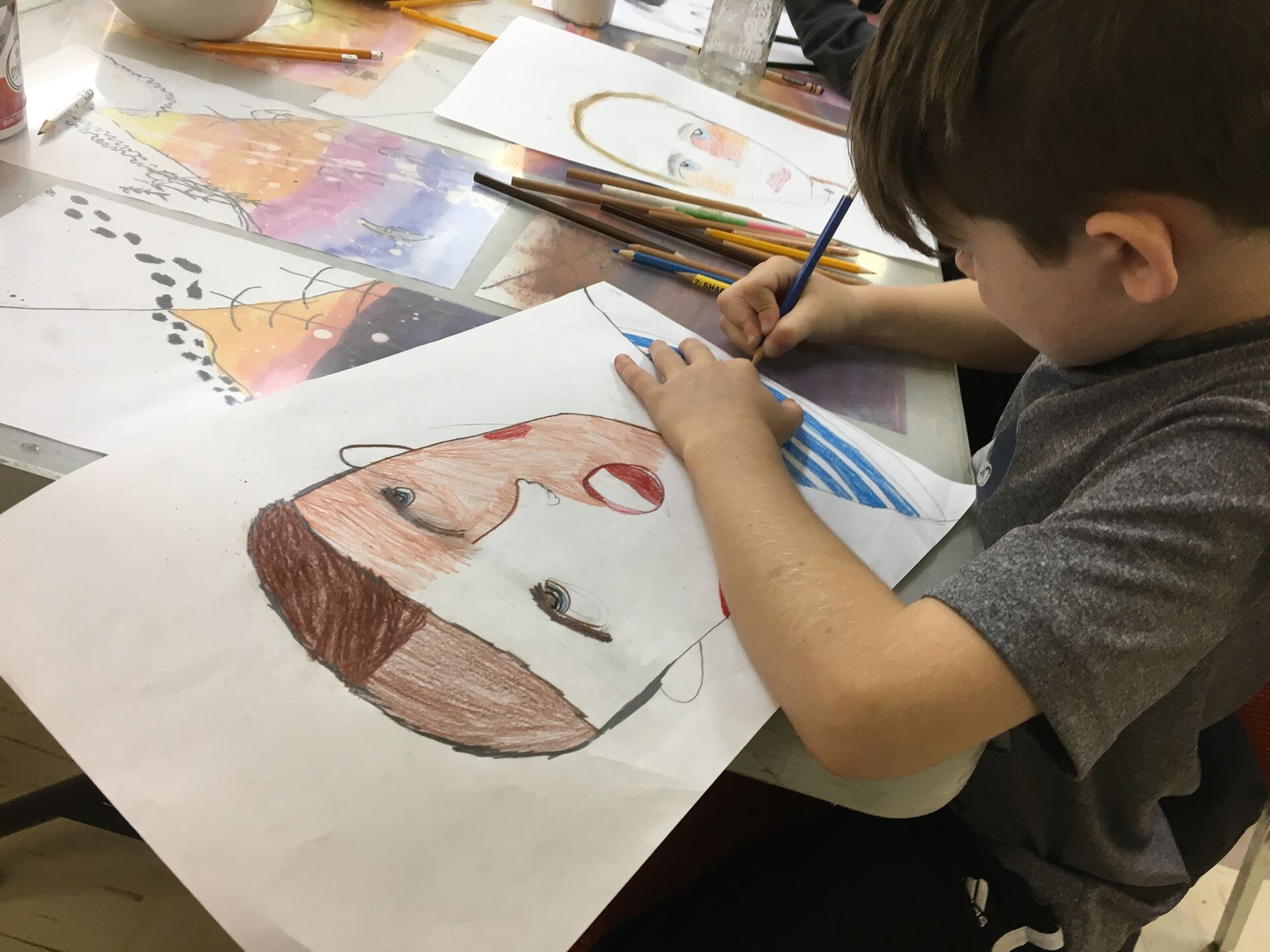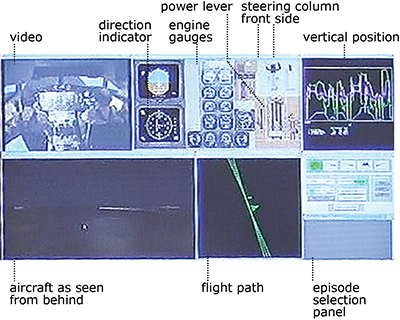Arts and Creativity in Elementary School

The Knowing Bodies' project own data collection concerns a participatory ethnography at an independent arts-based elementary school from a medium-sized city in the British Columbia area, Canada. As school curricula have become more open and geared towards facilitating cross-curricular integration, an increasing number of practitioners are advocating for the use of the visual, crafts, and performative arts as a means for integrating otherwise distinct subjects (math, health, science, social studies). The project investigates how such integration takes place in the living work of joint creation, with a focus on how the work of artistic expression and craftsmanship relates to cognitive and affective development within a school community. The project also involves a partnership with the school in which researcher and practitioners together define and envision ways in which values inherent to the arts, such as care and responsibility, may further foster the school's professional and community development.
Imagining Design Work

In addition to its own data, the knowing Bodies project draws from two different data-sets involving design in professional (workplace) settings. The first one concerns a dataset collected as part of an ethnographic study led by David Socha, from the University of Washington, at a North American software development company. More about this data-set and the collective inquiry project that is associated to it, Wide Field Ethnography, can be read here. The second data-set was collected by the Copenhagen Business School in relation to the 11th Design Thinking Research Symposium. The data-set consists of video and audio recordings showing a professional design team developing design concepts for a worldwide car manufacturer aimed at the Chinese market. More about this data-set can be read here. The Knowing Bodies' research focus in these two data-sets concerns the embodied and social nature of creativity and imagination.
Training in Aviation and other school and out-of-school settings
As a result of a close collaboration with and membership within the Culture, History, and Societal Relations (University of Victoria, Canada), I have had the privilege of working with other data sets involving the workplace, as well as other formal and informal learning settings across the life-span. Among these, a set that has resulted in a number of studies within the Knowing Bodies project frame concern a data set collected by professor Wolff-Michael Roth in collaboration with the Griffith University (Australia) and a number of airlines from the south Pacific area. Our investigations in this regard had concerned examining the social and bodily grounds of the learn-ability of piloting skills in training and debriefing sessions during and after flight simulator sessions.

Other empirical materials that have been input for analysis during the Knowing Bodies project, from geometry in elementary schools to learning to read in the home context, are featured in a book recently published, co-authored by Wolff-Michael Roth and Alfredo Jornet, on a Vygotskian, cultural approach to educational psychology: Understanding Educational Psychology: A Late Vygotskian, Spinozist Approach.